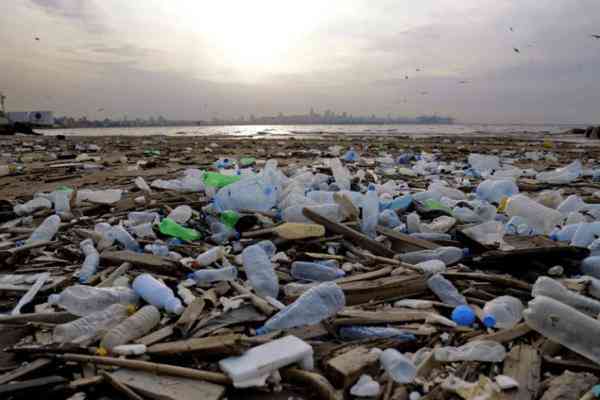The Worst Foods For The Planet That We Eat Every Day
1. Lamb: 39.3 kg of CO2
Eating 1 kg of lamb is roughly the same as driving a car 150 km. The major part of these emissions comes from farms and slaughterhouses for their operation and also from the gas of these animals. Sheep farts also damage the ozone layer.
2. Beef: 27 kg of CO2
A little less serious than lamb, beef is still a major source of greenhouse gas emissions. In addition to emissions from farms and slaughterhouses, cows produce a lot of methane. A gas with a much more powerful greenhouse effect than CO2 in the short term. In addition, to raise these animals, you need a lot of space and water.
3. Cheese: 13.5 Kg of CO2
And yes, unfortunately our national treasure is in the third position of this report. The reasons are the same as for beef. And if that cheese is imported by plane or whatever, the carbon footprint is even bigger.
4. Pork: 12.1 kg of CO2
With all the different ways we consume pork, this meat is very common in Western gastronomy. Unfortunately for every pound of pork, 12.1 kg of CO2 goes into the atmosphere. Half of these emissions are due to animal husbandry and the other half is due to transport and slaughter.
5. Farmed salmon: 11.9 kg of CO2
With the holidays coming, salmon will be in high demand. But before you take the plunge, know that raising a 1kg of salmon emits 11.9kg of CO2. This also applies to organic salmon.
6. Turkey: 10.9 kg of CO2
As with everything else, these emissions are mainly due to breeding, processing and transport. With these 10.9 kg of CO2 emissions per kilo of turkey, it is not the most polluting meat. However, the production of food for turkeys requires a great deal of water and cultivated land.
7. Chicken: 6.9 kg of CO2
If you want to reduce your carbon footprint while remaining carnivorous, the best choice would be chicken. The sources of emissions are the same as for turkey but they are less important in all stages of its production.
8. Canned tuna: 6.1 kg of CO2
Canned tuna comes in handy when you have no more in the fridge. However, 1 kg of tuna emits 6.1 kg of CO2. This is mainly due to the fuel from fishing boats. In addition to these CO2 emissions, certain ways of fishing for tuna are a big problem for biodiversity. You can consult that to learn more.
9. Eggs: 4.8 kg of CO2
Eggs are the best and least polluting source of animal protein. Most of the CO2 emitted comes from feeding the hens, conditioning the eggs and the farm's energy needs.
10. Potato: 2.9 Kg of C02
The potato is the most consumed vegetable in France, but it is also the most polluting vegetable. This figure is an average because the pollution of potatoes also depends on the type of cooking. French fries, for example, will consume less than whole baked potatoes.
Conclusion:
I'm not trying to tell you to stop eating these foods. Reducing the frequency of their consumption would already be a big step towards more environmentally responsible food.






